University of Gloucestershire joins the Pixotope Education Program
Dec 6, 2022
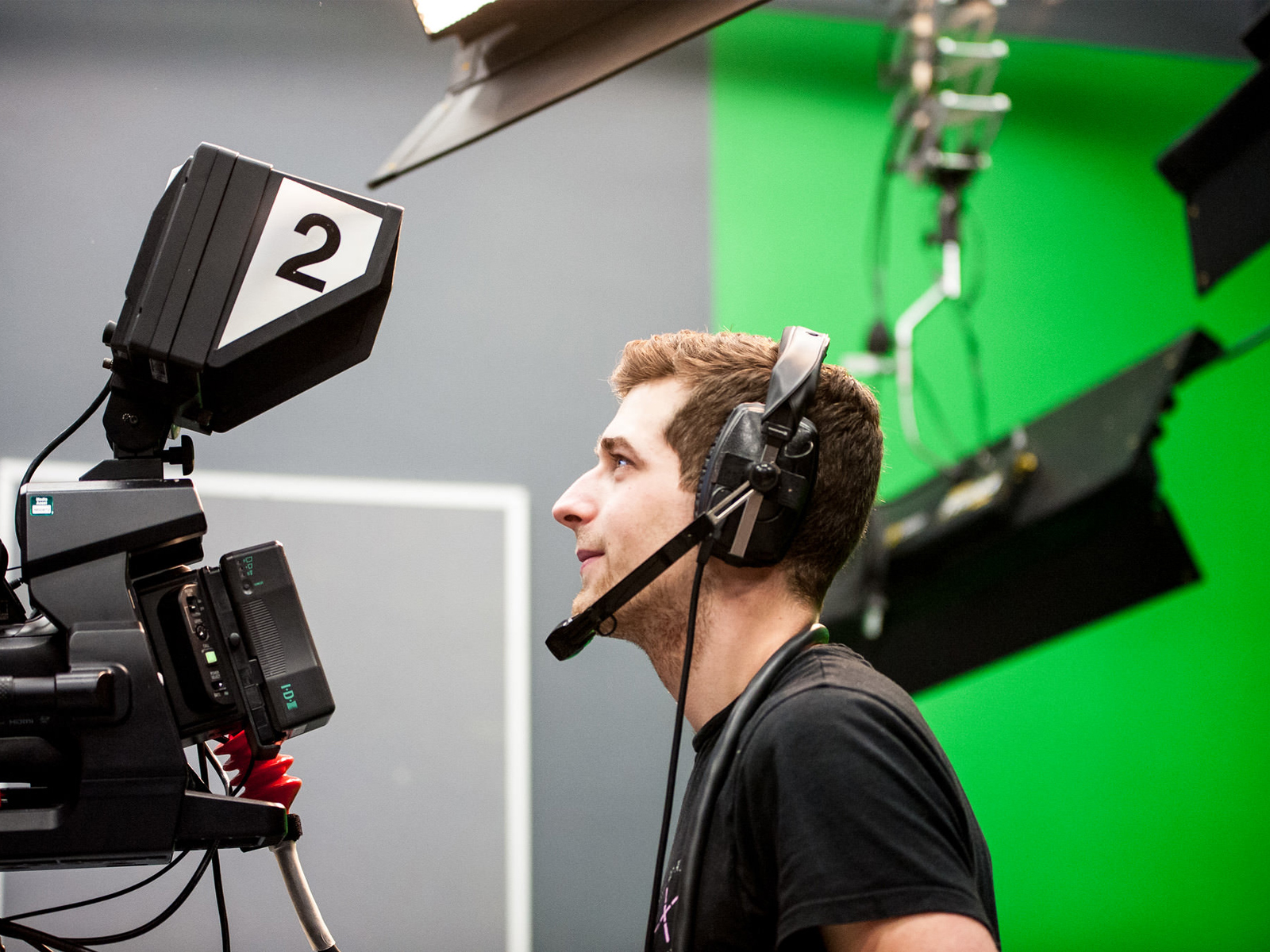
Pixotope, the leading software platform for end-to-end realtime virtual production solutions, has announced that the University of Gloucestershire’s School of Creative Industries has officially joined the Pixotope Education Program, the company’s collegiate-level educational and community-building initiative designed to help enable the next generation of Virtual Production talent.
“We can’t overstate our excitement about working with University of Gloucestershire’s students and staff,” says Pixotope Education Program Manager, Carina Schoo. “University of Gloucestershire is an incredible partner for the Pixotope Education Program. Our relationship is founded on open communication about the needs of today’s virtual production students and how we can work together to meet those needs.”
Based at the University’s Park Campus in Cheltenham, the school’s state-of-the-art Media Centre features the same facilities used by media production professionals around the world. The bi-directional relationship between the School of Creative Industries and Pixotope ensures that students get hands-on experience with the technology and workflows they need to be successful in their careers in virtual production.
“Our partnership with Pixotope is part of a major investment in our virtual production facilities,” says Dr. Tom Bradshaw, Associate Professor of Employability within the University of Gloucestershire’s School of Creative Industries. “We are focused on teaching the latest story-telling techniques to our students, on courses ranging from Animation and Digital Media to Film Production and Journalism.”
Faced with rapidly evolving technology and production techniques, the School of Creative Industries at University of Gloucestershire is committed to ensuring that its courses remain ahead of the curve in terms of technological innovation. The Pixotope Education Program delivers this by providing direct access to the tools and industry experts powering virtual production today.
“Working with industry is something we do every day in the School of Creative Industries to ensure that our curricula are up to date, that our students have the latest industry insights, and that industry in turn has access to our bright and creative students,” adds Bradshaw.
The success, impact, and enrichment of the program are owed to the participation of world-class educational institutions as well as esteemed industry partners, like U.K.-based virtual production studio, The Level.
Kevin Cooney, founder and creative director at The Level says, “The Pixotope Education Program is a particularly exciting initiative because we can tap our network to help fill in the gaps and prepare students for their career. There’s so much learning happening every day in virtual production; we’re still fleshing out job titles and roles across the industry so I can only imagine how challenging it must be for educators to keep pace. We see this firsthand when we have students to come shadow us in the studio. Often, it’s their first time being exposed to virtual production technology and workflows outside of the classroom.”
Looking ahead, University of Gloucestershire plans to work with Pixotope to develop a Virtual Production Masters programme as another pathway to building the virtual production talent pipeline.
Bradshaw concludes, “The jobs market in the creative industries does not stand still and nor do we. Through our education partnership with Pixotope, we are preparing our students to be in the best possible position for securing the best graduate jobs of the future.”






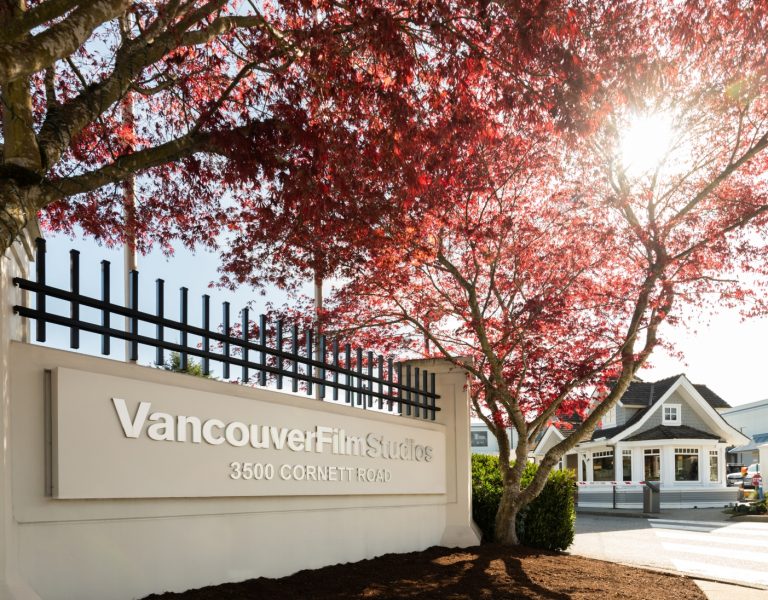
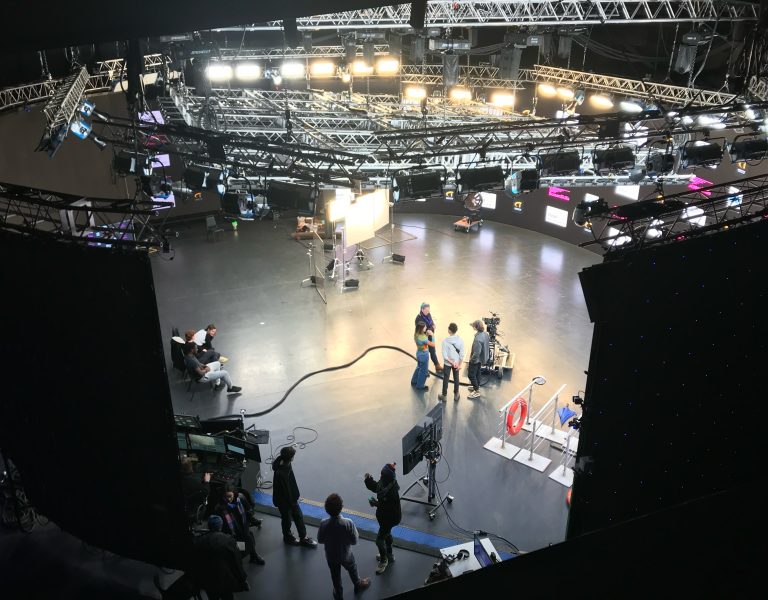
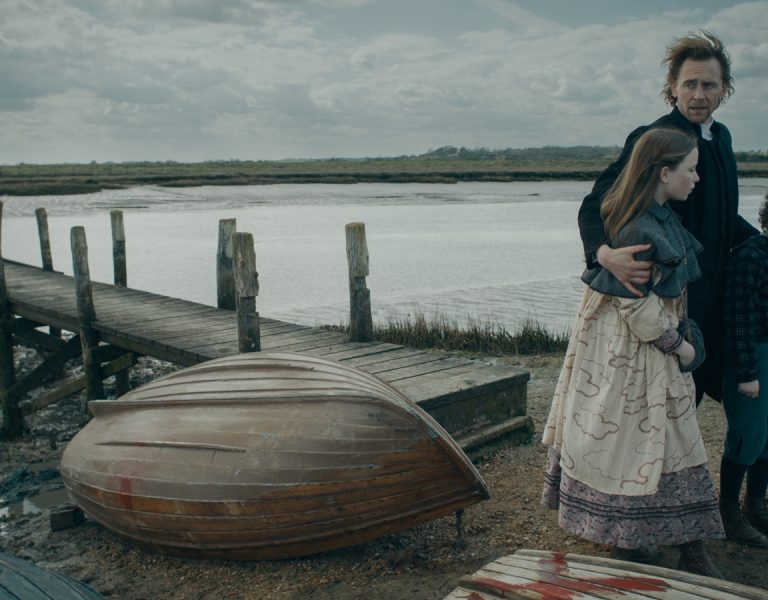
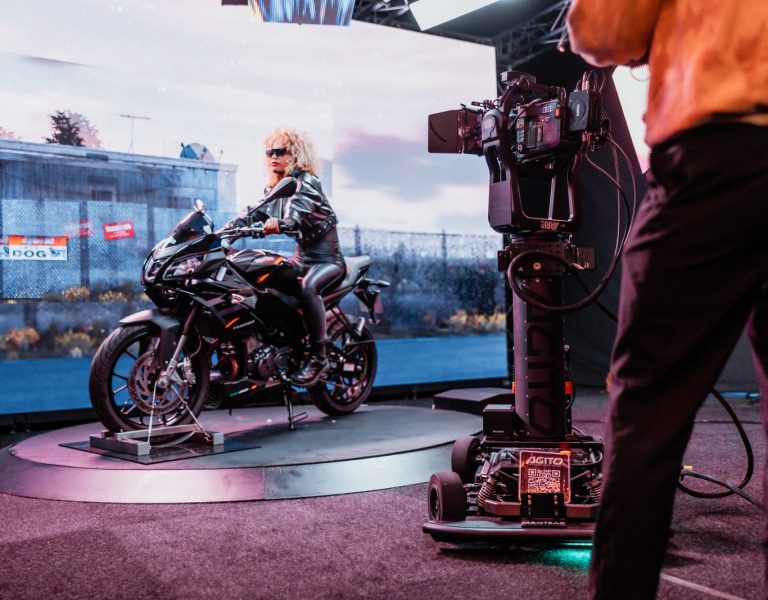

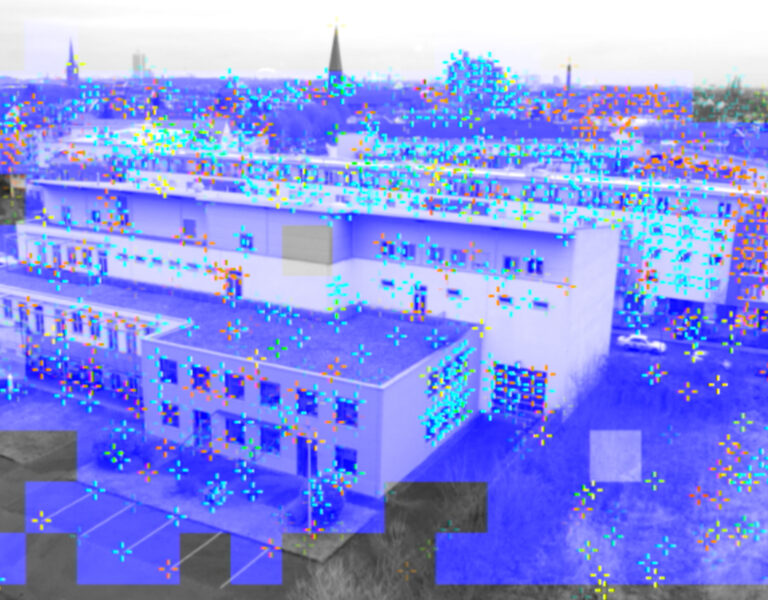
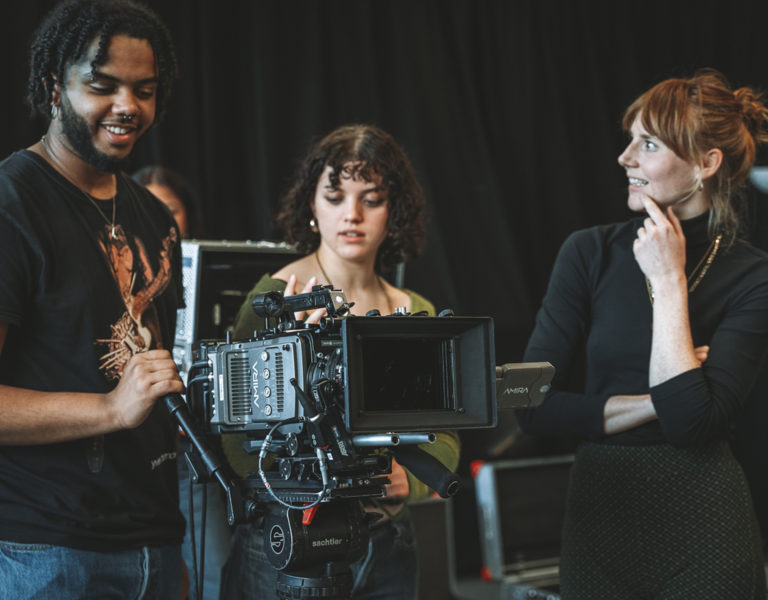


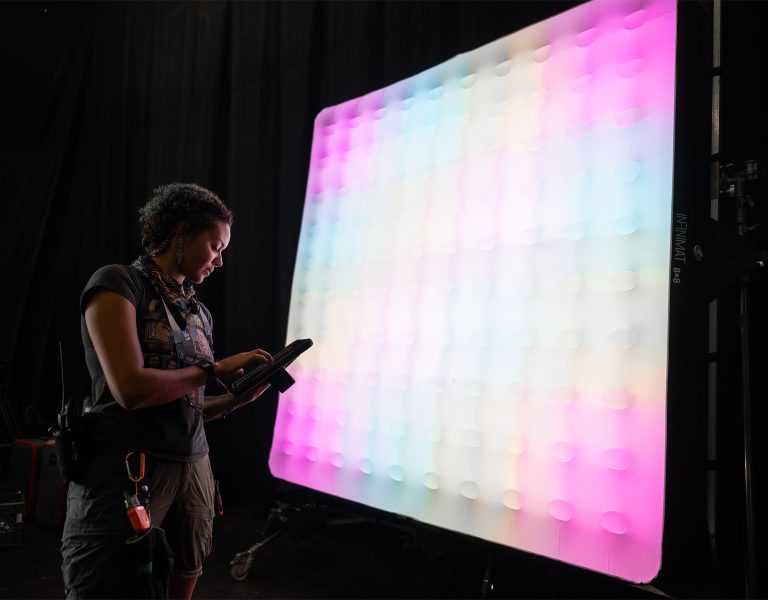

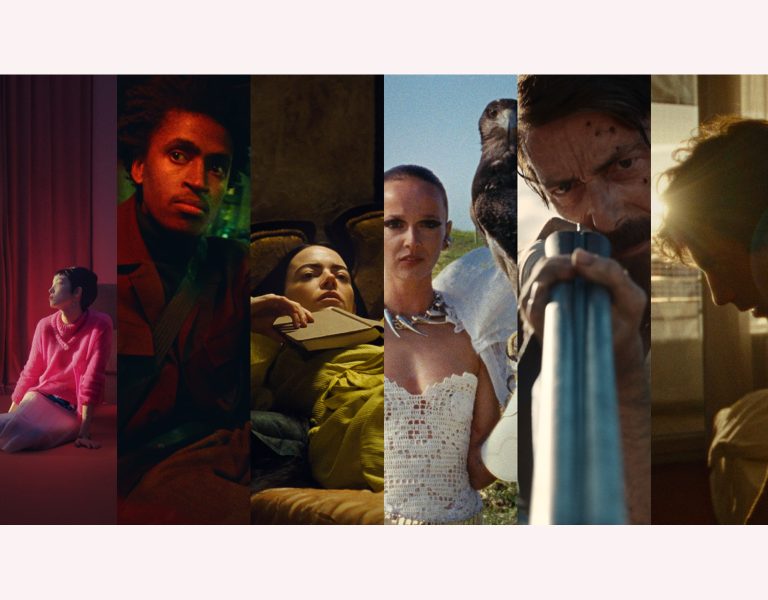



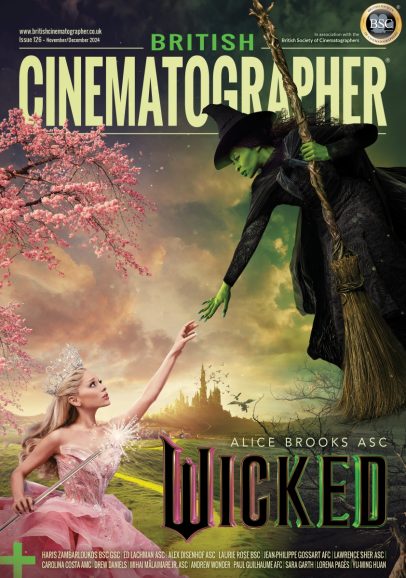

Comment / April Sotomayor, head of industry sustainability, BAFTA Albert